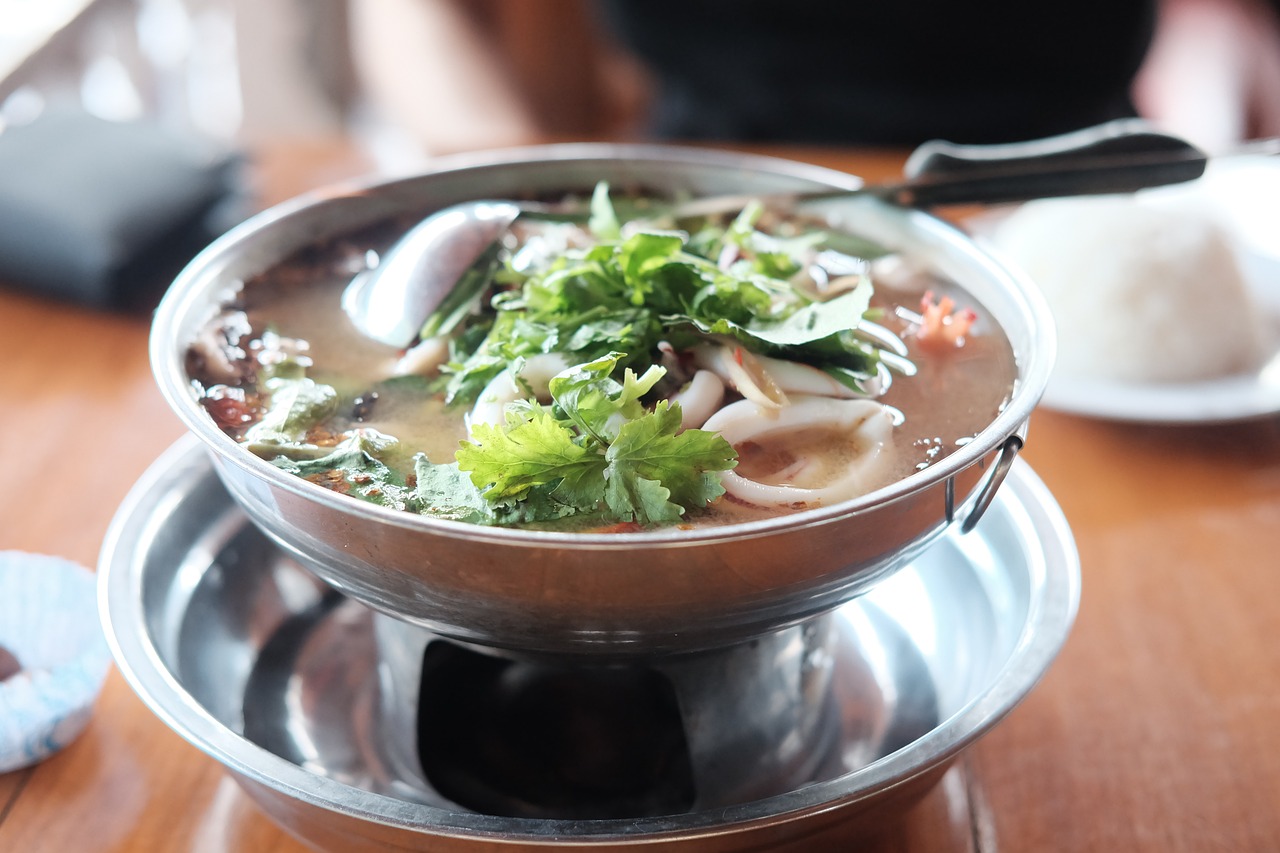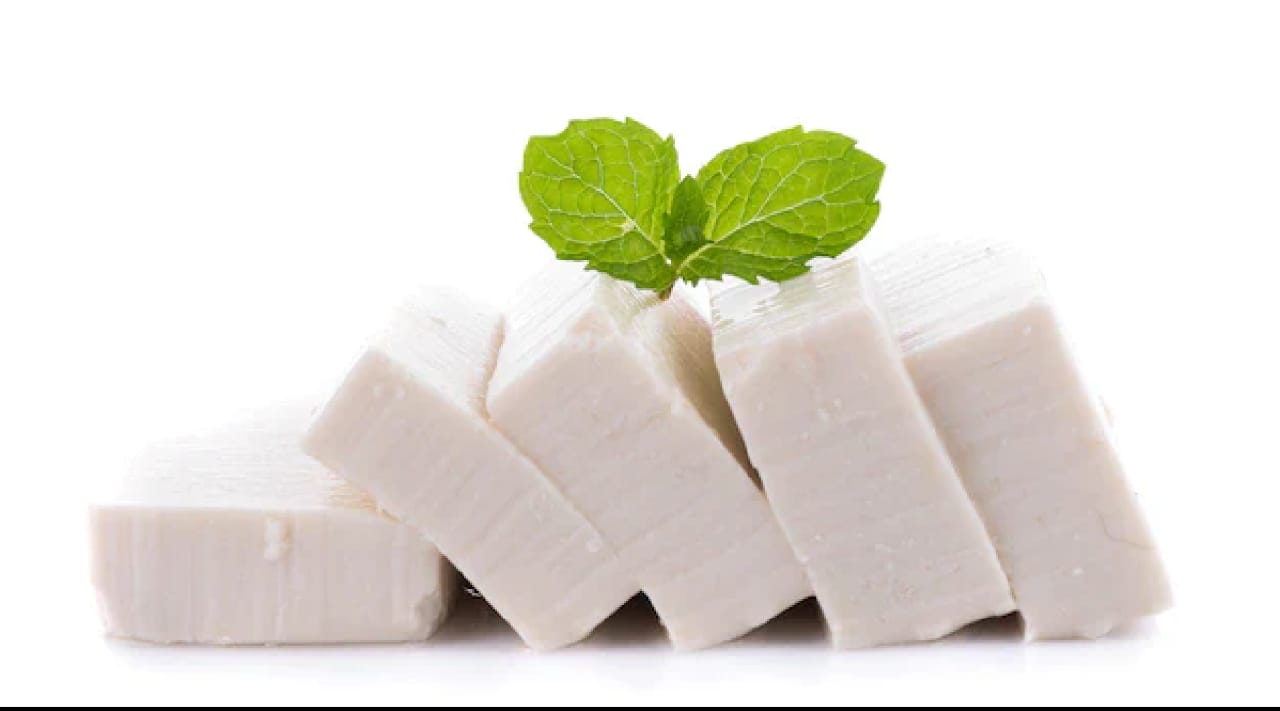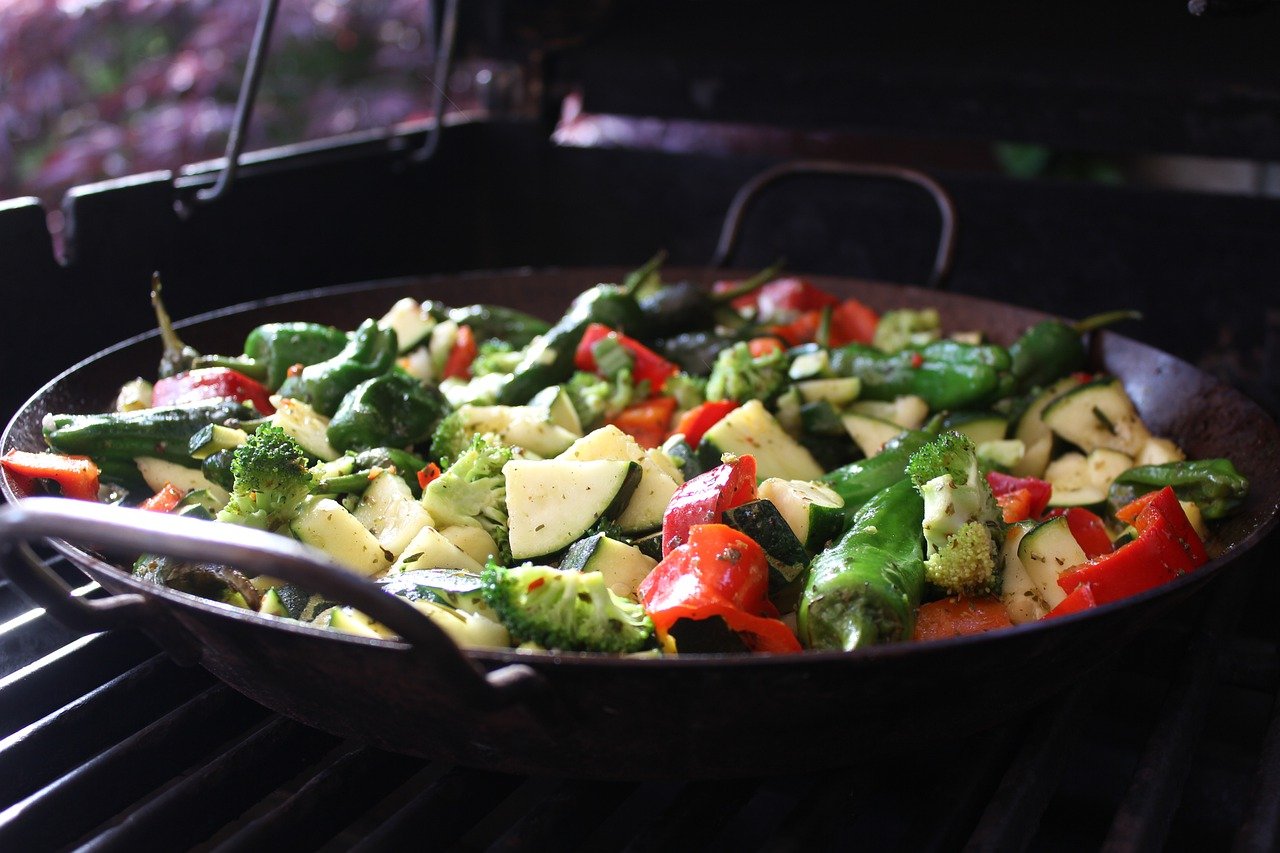Hot and sour soup is a popular Chinese soup known for its bold flavors and contrasting taste sensations. Hot and sour soup is known for its versatility, and there are countless regional and personal variations of the recipe. Calories in hot and sour soup are enjoyed not only for its taste but also for its comforting qualities, making it a popular choice in Chinese cuisine and at many Chinese restaurants around the world.
6 most beneficial ingredients in hot and sour soup are:
- Broth
- Protein
- Vegetables
- Flavorings
- Thickening Agent
- Eggs
The preparation method for hot and sour soup involves simmering the broth with the various ingredients and seasonings until everything is cooked through and flavorful. The addition of vinegar and soy sauce provides the “hot” and “sour” elements, giving the soup its signature taste.
The benefits of consuming hot and sour soup can be attributed to its ingredients, which often include a variety of vegetables, spices, and sometimes protein sources like tofu or chicken. While the calories in hot and sour soup can vary based on the recipe.
7 best reasons to add soup in your meal:
- Nutrient-Rich
- Low in Fat
- Spices and Flavor
- Weight Management
- Hydration
- Antioxidants
- Protein Source
Nutritional benefits of hot and sour soup can vary based on the specific recipe and ingredients used. Homemade versions that emphasize fresh, wholesome ingredients are likely to offer more health benefits than store-bought versions that may contain added preservatives or sodium. As with any food, moderation and balance are key to incorporating hot and sour soup into a healthy diet.
Benefits of calories in hot and sour soup are as follows:
- Hot and sour soup is typically made with a combination of vegetables such as mushrooms, bamboo shoots, and tofu, which are rich in essential nutrients like vitamins, minerals, and dietary fiber. These nutrients are necessary for a healthy body as it’s a major part of a balanced diet.
- Most hot and sour soup recipes are relatively low in fat, especially if you opt for lean protein sources like tofu or chicken. This can make it a suitable option for those looking to manage their fat intake.
- Consuming a bowl of hot and sour soup before a meal may help curb your appetite, as the hot and spicy flavors can make you feel fuller and satisfied with smaller portions of your main course. This can be beneficial for those watching their calorie intake.
- Soup, including hot and sour soup, contains water, which can help with hydration. It is good for being hydrated which is essential for well-being.
- Some ingredients commonly found in hot and sour soup, like mushrooms and vegetables, are sources of antioxidants. Antioxidants can help protect cells from oxidative damage and may have various health benefits.
- How many calories are in hot and sour soup? The number of calories in hot and sour soup can vary depending on the specific recipe and serving size. A typical serving of hot and sour soup, which is approximately 1 cup (240 ml), contains approximately 100 to 150 calories. This is a rough estimate and based on the ingredients used and the specific preparation method. If the soup includes protein sources like meat, it may have slightly more calories.
- To get a more accurate calorie count for hot and sour soup, you should refer to the nutritional information provided on the packaging if you’re buying it pre-made or use a recipe calculator if you’re making it at home.
When it comes to healthcare about How many calories are in hot and sour soup, there are several reasons to consider regarding its calorie content:
1.Caloric Intake:
Hot and sour soup, like any food, contributes to your daily caloric intake. Being mindful of your total daily calorie consumption is important if you’re trying to manage your weight.
2.Portion Size:
Pay attention to portion sizes. Even though hot and sour soup can be relatively low in calories per serving, consuming large portions can still contribute to excessive calorie intake. Stick to recommended serving sizes.
3.Ingredients:
The ingredients you choose can significantly affect the calorie content. For instance, using lean protein sources like tofu or chicken can make the soup lower in calories compared to using fatty cuts of meat. Additionally, the amount of oil and thickening agents like cornstarch can impact the calorie count.
4.Nutritional Balance:
While calories are important, it’s also crucial to consider the overall nutritional balance of your meal. Hot and sour soup can be a good source of protein, fiber (from vegetables), and various vitamins and minerals. However, it’s important to pair it with other foods to ensure a balanced diet.
5.Sodium Content:
Some hot and sour soups, especially when ordered from restaurants, can be high in sodium. Taking high sodium intake can lead to heart diseases and blood pressure disturbances. Look for low-sodium options or try making it at home with less salt.
6.Homemade vs. Restaurant:
Preparing hot and sour soup at home allows you to control the ingredients and portion sizes, making it easier to manage calorie intake. When dining out, you may not have as much control over these factors.
Calories in hot and sour soup can be a nutritious and relatively low-calorie option, especially if made with wholesome ingredients and consumed in moderation. It can be part of a healthy diet when paired with other nutritious foods and when considering your overall calorie intake and dietary goals.
Conclusion:
It’s essential to be mindful of portion sizes and ingredients, as the calorie content can vary. Paying attention to overall nutrition, including sodium content, is also important for a balanced diet. Preparing hot and sour soup at home allows for better control over ingredients and portion sizes, making it a healthier option compared to some restaurant versions. Incorporating hot and sour soup into your diet in moderation can be a flavorful and nutritious addition, provided it aligns with your dietary goals and overall calorie intake.















Leave a Reply
View Comments